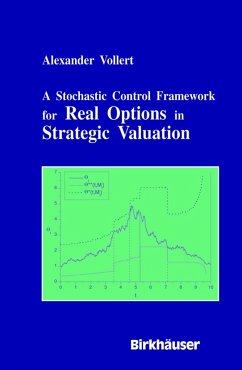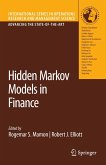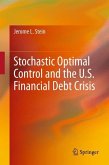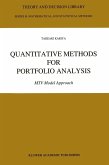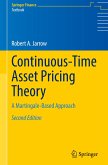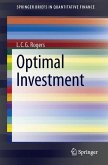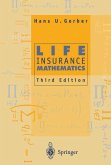The theoretical foundation for real options goes back to the mid 1980s and the development of a model that forms the basis for many current applications of real option theory. Over the last decade the theory has rapidly expanded and become enriched thanks to increasing research activity. Modern real option theory may be used for the valuation of entire companies as well as for particular investment projects in the presence of uncertainty. As such, the theory of real options can serve as a tool for more practically oriented decision making, providing management with strategies maximizing its capital market value. This book is devoted to examining a new framework for classifying real options from a management and a valuation perspective, giving the advantages and disadvantages of the real option approach. Impulse control theory and the theory of optimal stopping combined with methods of mathematical finance are used to construct arbitrarily complex real option models which can be solved numerically and which yield optimal capital market strategies and values. Various examples are given to demonstrate the potential of this framework. This work will benefit the financial community, companies, as well as academics in mathematical finance by providing an important extension of real option research from both a theoretical and practical point of view.
"The book is written in a quite self-contained manner, and gives a nice survey of the results on the subject, old and new. Many graphics are provided along with theoretical illustrations to help explain the materials throughout the book. Numerical analysis as well as simulation are also provided in Chapter 6, which is particularly useful for both academic researchers and real world practitioners. Various examples are provided in the book in order to show the potential of the new framework. ...Could also be used as a reference book or as a source of problems for stochastic controlists." -- Mathematical Reviews
"This book is devoted to developing both a stochastic control framework that is capable of dealing with complex real option interactions and a graphical decomposition method for real option models which can be transformed into numerical or analytical solution procedures." -- Zentralblatt Math
"The present book develops a framework of stochastic control for real options. The tools are stochastic impulse control systems leading to partial differential equations and variational inequalities. The book is particularly useful for readers interested in applications in management science." -- Monatshefte für Mathematik
"This book is devoted to developing both a stochastic control framework that is capable of dealing with complex real option interactions and a graphical decomposition method for real option models which can be transformed into numerical or analytical solution procedures." -- Zentralblatt Math
"The present book develops a framework of stochastic control for real options. The tools are stochastic impulse control systems leading to partial differential equations and variational inequalities. The book is particularly useful for readers interested in applications in management science." -- Monatshefte für Mathematik

